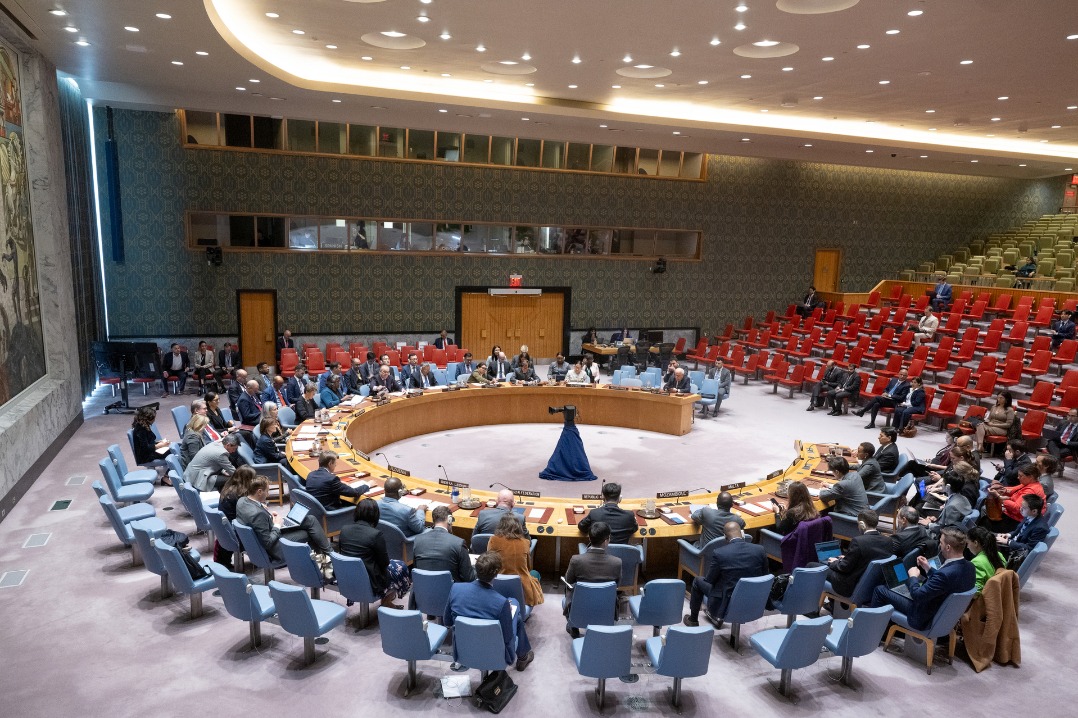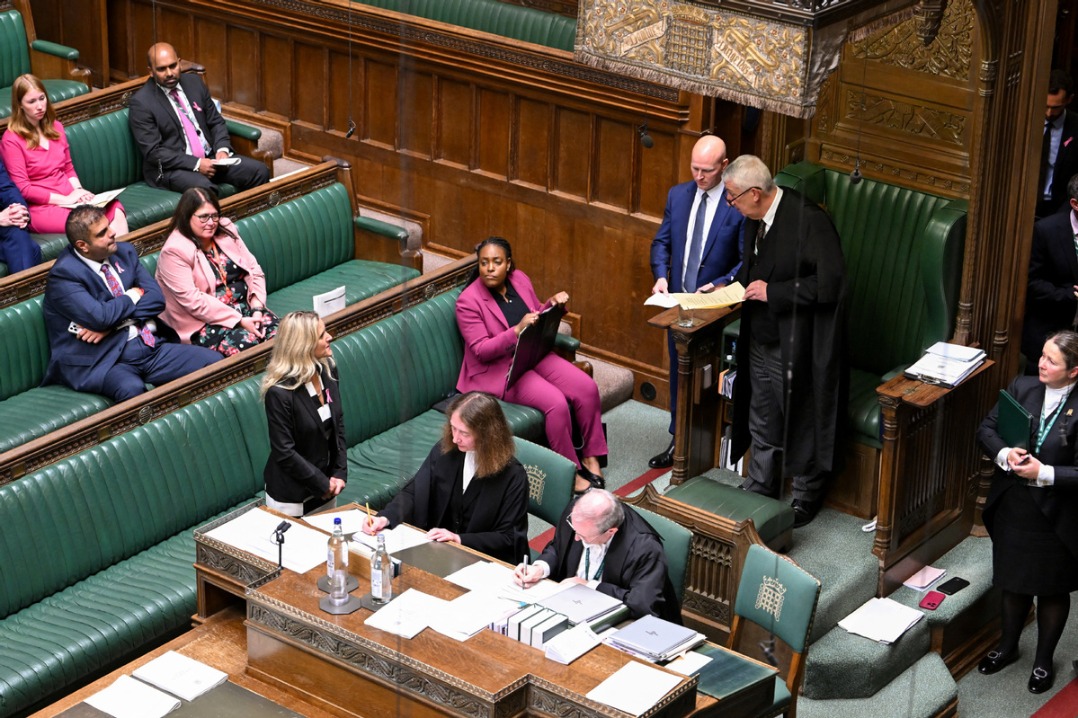China's BEV industry asks EU to rectify its probe


China's battery electric vehicle (BEV) industry has asked the European Commission to correct its mistakes in its investigations into Chinese BEVs, according to an industrial body representing the Chinese BEV makers.
Shi Yonghong, vice-president of the China Chamber of Commerce for Import and Export of Machinery and Electronic Products (CCCME), which represents 12 Chinese BEV makers, was in Brussels last week to engage with the European Commission on the issue.
"The commission made many unlawful findings in the preliminary determination, incompatible with WTO and EU rules," Shi told a news conference in Brussels on Friday.
"Trade defense measures will harm all sides involved. The strength and growth of EU and Chinese BEV industries lie in collaboration, not conflict."
The European Commission initiated anti-subsidy probe into Chinese BEVs on October 4. On July 4, it published its preliminary determination and imposed provisional countervailing duties from 17.4 percent to 37.6 percent on Chinese BEVs for four months until the final determination concludes on Nov 2.
Shi reiterated that the investigation was initiated by the commission in the absence of a complaint from the EU industry. The commission has confirmed that the EU industry is not currently in an injurious state, but subject to threat of injury in an imminent future.
Shi described such EU practice as "rare, especially in the EU".
He cited the facts that many EU member states, the German Association of Automotive Industry (VDA) and several EU BEV producers such as Volkswagen and BMW have voiced their opposition to the preliminary determination.
In a nonbinding vote last week on the punitive tariffs on Chinese BEVs, 12 of the 27 EU member states voted in favor, four opposed while 11 states abstained.
Shi expressed that the Chinese side is still open to and hopeful of a balanced solution to this investigation, adding that the chamber has been actively cooperating with the commission since the start of the investigation.
The chamber presented its views on the preliminary determination in a commission hearing on July 18.
Shi said the chamber will continue to defend the legitimate rights and interests of the Chinese BEV industry in the investigation and also calls on the Chinese government to take necessary measures to do so.
In a news conference on July 16, Olof Gill, the European Commission spokesman for trade and agriculture, said EU member states will have an opportunity to vote on any proposal the commission comes forward to make the provisional duties definitive and such a vote must take place before November 2.
"In the meantime, the EU continues to consult with China in an attempt to find mutually acceptable solutions," he said.
"Any negotiated outcome must be effective in addressing the injuries of subsidization that was identified in the context of our investigation."
In an op-ed on July 17, Irakli Machaidze, a Vienna-based fellow with Young Voices Europe, said the EU's aim for a greener future and support for local manufacturers is clear.
"However, making affordable EVs pricier with tariffs will not be an effective solution," he said of the commission's investigation into Chinese BEVs.
"These new measures risk slowing down progress and hiking costs in our journey to electric mobility," he wrote.
Zhang Xingran and Zou Jiyu contributed to the story.

































